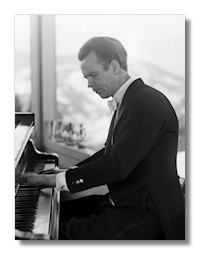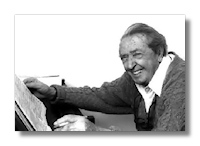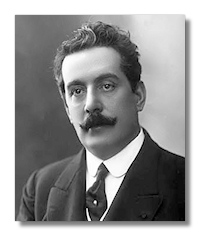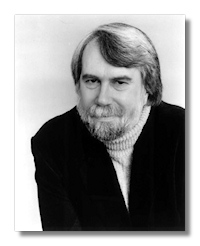
Rediscovering a Norwegian Master
By Jeff Dunn
Last month I witnessed an unusual spectacle: the Bergen Music Festival in Norway. After three or four curtain calls, clapping in unison began and, as if by prearranged signal, everyone stood at once in enthusiastic acknowledgement. The orchestra that did the playing was the visiting Stavanger Symphony Orchestra conducted by Ole Kristian Ruud. The music that did the arousing was a new "reconstruction" of the Julekvelden (Yule Eve) Symphony No. 1 by Geirr Tveitt.
Who?
Geirr Tveitt (1908-1981, rhymes with "fire fight") is virtually unknown in this country, but the hundredth anniversary of his birth was being celebrated by the concert I attended, and other concerts elsewhere, for good reason. His music, in its stark power, speaks to the overwhelming influence of nature on those living among the deep fjords. His technique, superbly developed at the Leipzig Conservatory and subsequent studies in Paris and Vienna, was second to none of his generation of Norwegian composers. The range of expression found in his Hundred Hardanger Folk Tunes suites, and the instantly recognizable originality of his sound, makes him an artist of international significance.
Read more about this at the San Francisco Classical Voice website:
http://www.sfcv.org/2008/07/22/rediscovering-a-norweigan-master/




















